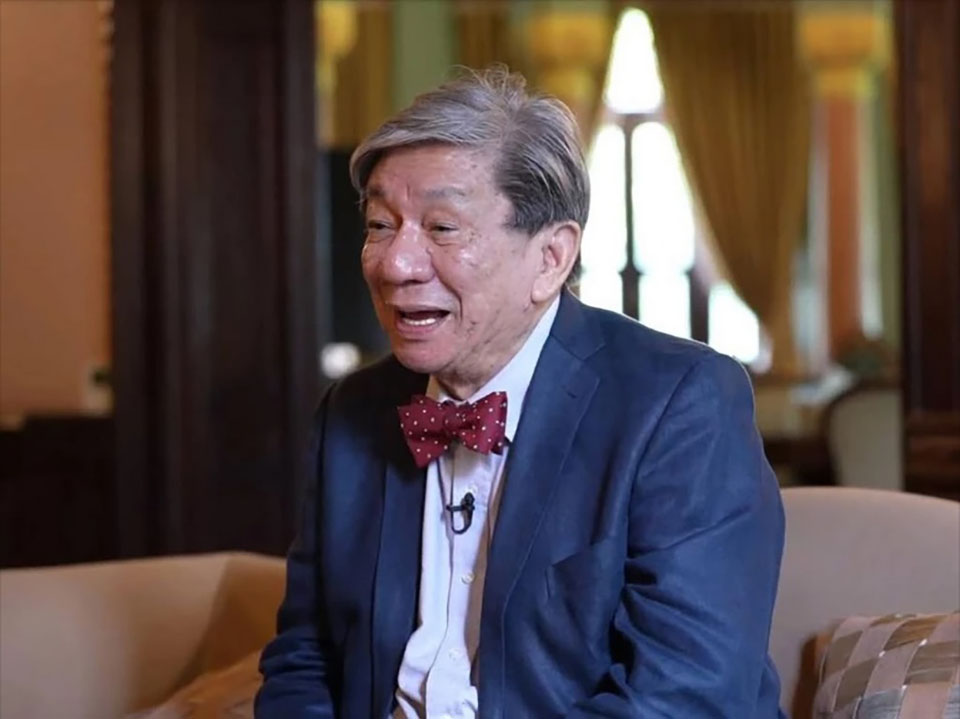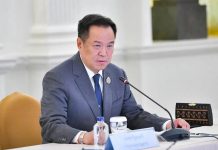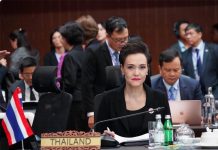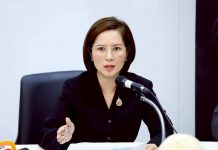
BANGKOK, Thailand – Phansak Winyarat, the advisor to the Thai Prime Minister, shared his thoughts regarding trade negotiations with the United States. He emphasized that Thailand’s role in these discussions goes beyond reducing tariffs; it is about working together to create a new economic future. He pointed out that Thailand does not choose sides in global conflicts but rather promotes peace. In this context, he proposed Thailand as a neutral platform for resolving international conflicts, echoing the country’s historic role in converting battlefields into economic spaces.
Regarding the U.S. tariffs on various countries, Phansak noted that Thailand had been affected by the tariffs imposed by President Donald Trump, with the country ranked 14th or 12th on the list of countries impacted. He expressed understanding of the complexities behind the tariff decisions, acknowledging that the Trump administration frequently changed its policies. Thailand has already indicated its readiness to engage in dialogue to address these issues with the U.S. government, particularly in a friendly manner without accusations.
Phansak emphasized that Thailand has been preparing for these trade challenges for a long time, referencing insights from J.D. Vance’s book Hillbilly Elegy, which helped him anticipate challenges in U.S.-Thai relations. He also explained that Thailand’s food processing industry is poised for growth, especially since it imports many raw materials, including from India, Myanmar, Cambodia, and China, to produce processed food for export. Thailand could further enhance its role by importing U.S. food products, processing them, and then exporting these goods globally. In particular, the Thai food industry’s capacity to produce organic processed foods could open up significant opportunities for collaboration.
Phansak also discussed the value of food and its challenges in terms of quality and authenticity. He explained that while some countries may struggle to produce the high-quality food Thailand is known for, the country has the expertise to produce premium processed food products that are difficult to replicate elsewhere.
Phansak also mentioned that Thailand could be a central hub for high-quality products such as second-hand luxury items, similar to Japan’s role in curating quality second-hand products, like Leica cameras. He suggested that Bangkok could become another center for high-quality goods at competitive prices, catering to the growing demand for premium goods in Southeast Asia.
Furthermore, Phansak addressed trade rights issues, explaining that Thailand would not tolerate the abuse of trade privileges, either by the U.S. or China, through practices like “trade circumvention.” He stated that Thailand would stand up for companies that operate within the country’s legal framework, regardless of the country of origin.
Lastly, Phansak discussed the issue of U.S. tariffs, particularly the high tariffs on American apples. He suggested that the Thai government would work toward reducing unnecessary tariffs without negatively affecting anyone, in order to make trade fairer and more efficient for both nations. Despite the challenges facing American citizens due to domestic economic policies, Phansak reiterated Thailand’s stance of supporting global peace and fostering mutual prosperity through trade and collaboration.










